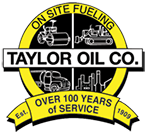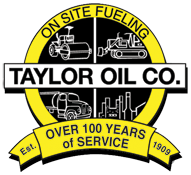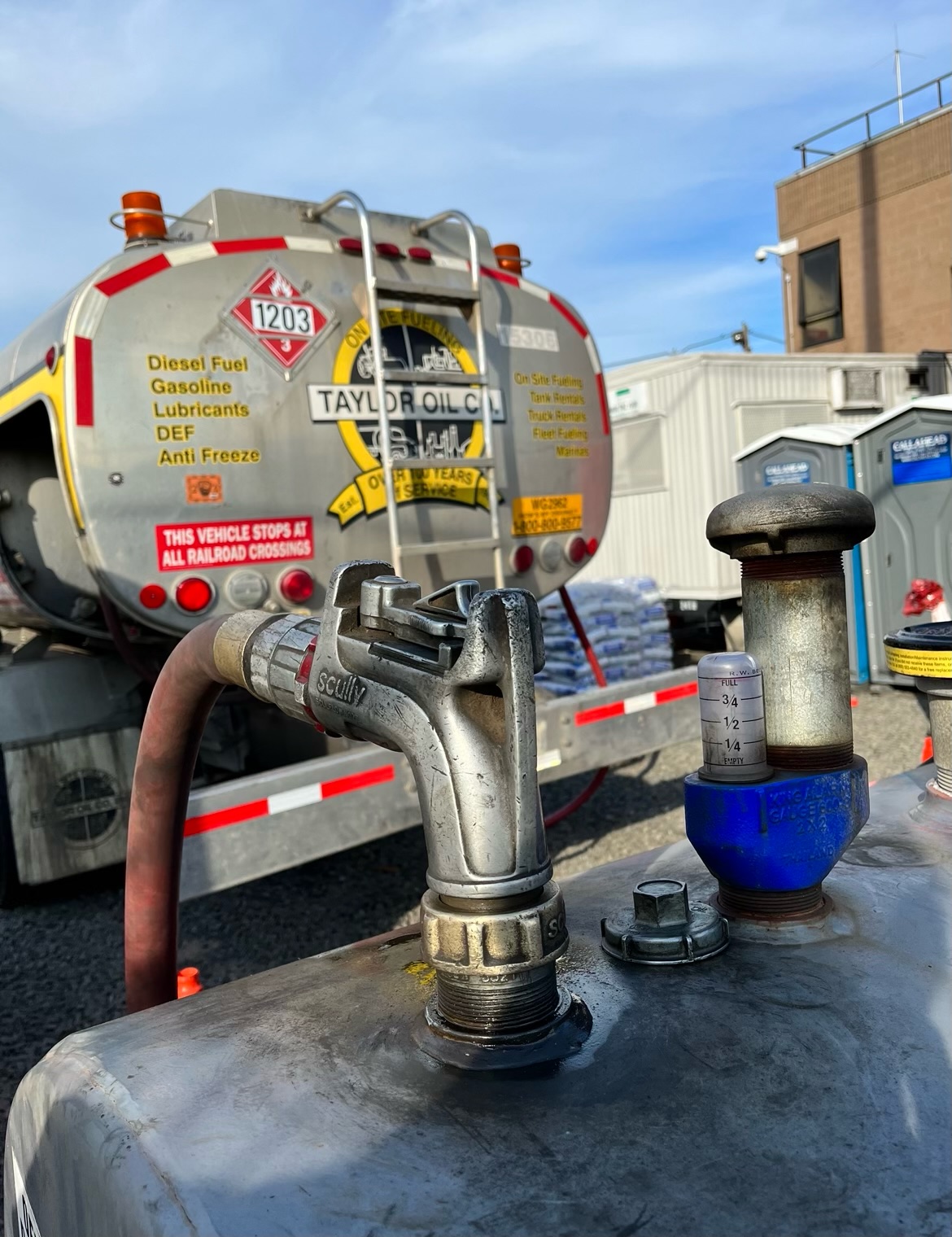Navigating the Challenges of Construction Site Fueling During the Summer – The summer season brings its fair share of challenges for construction sites across the globe. One particular area that requires extra attention during this time is fueling operations. With soaring temperatures, increased demand, and potential safety hazards, construction site fueling becomes a complex endeavor. Here are some of the challenges when it comes to fueling during the summer and and the strategies to overcome them.
Fuel Quality and Stability:
High temperatures during the summer can adversely affect the quality and stability of fuels. Extended exposure to heat can cause fuel to break down, resulting in reduced efficiency, increased emissions, and potential damage to equipment. Construction site managers must take proactive measures to ensure proper storage and handling of fuel, such as using temperature-controlled storage units and monitoring fuel quality regularly.
Increased Fuel Consumption:
Summer often sees a surge in construction activities, leading to increased fuel consumption. Longer work hours, additional machinery, and higher power demands for cooling equipment contribute to the overall increase in fuel usage. This heightened demand requires efficient fuel management practices, including accurate forecasting, tracking fuel consumption, and scheduling timely deliveries to avoid disruptions and delays.
Safety Risks:
Safety is a paramount concern on construction sites, and the summer season introduces additional risks. High temperatures can pose health hazards to workers, potentially leading to heat-related illnesses and fatigue. Fueling operations must be carefully managed to minimize the risk of accidents and ensure the well-being of the workforce. Regular training on proper fueling procedures, emphasizing safety measures, and providing adequate personal protective equipment (PPE) are crucial steps in maintaining a safe working environment.
Environmental Considerations:
The construction industry is increasingly focused on sustainability and reducing its environmental footprint. Summer fueling challenges can impact environmental sustainability efforts, as increased fuel consumption leads to greater greenhouse gas emissions. To address this, construction companies should explore alternative fuel options, such as biofuels or electric-powered machinery, which can help reduce emissions and improve overall environmental performance.
Supply and Delivery Constraints:
During the summer, there is often a higher demand for fuel across various industries, including construction. This increased demand can strain fuel supply chains, resulting in potential delays or shortages. Construction site managers must work closely with fuel suppliers to ensure timely deliveries and maintain sufficient fuel reserves to avoid disruptions. Developing contingency plans and building strong relationships with reliable suppliers can help mitigate these challenges.
Construction site fueling during the summer months presents a unique set of challenges that require careful planning, proactive measures, and a strong focus on safety and efficiency. From maintaining fuel quality to managing increased consumption and ensuring the well-being of workers, construction site managers must tackle these challenges head-on. By implementing effective fuel management strategies, embracing sustainable practices, and staying adaptable in the face of supply constraints, construction sites can successfully navigate the complexities of fueling during the summer and keep their projects running smoothly.
Feel free to reach out to Taylor Oil Company for assistance during the summer and throughout the year.



